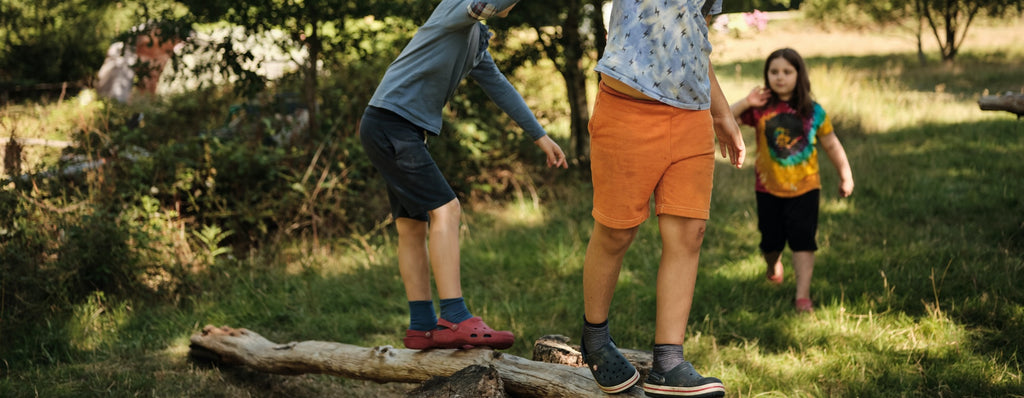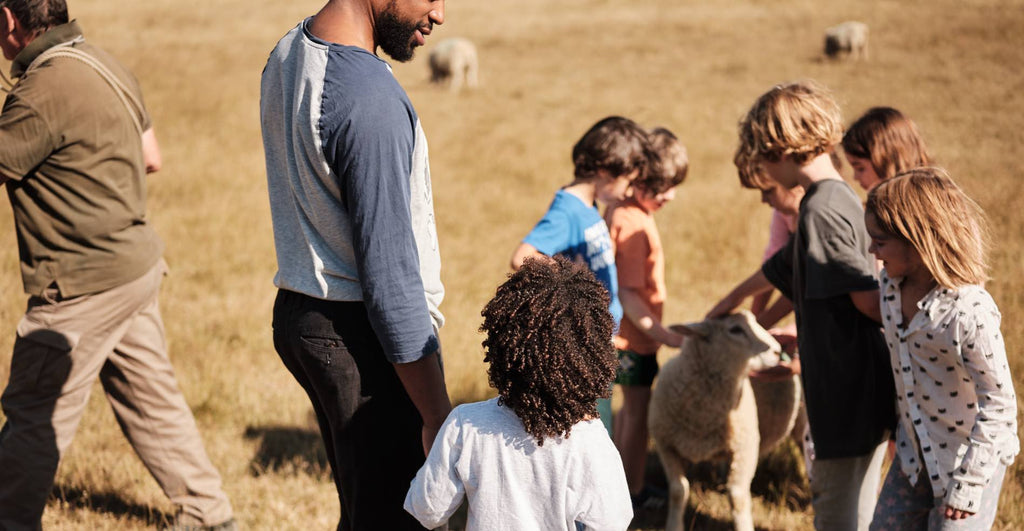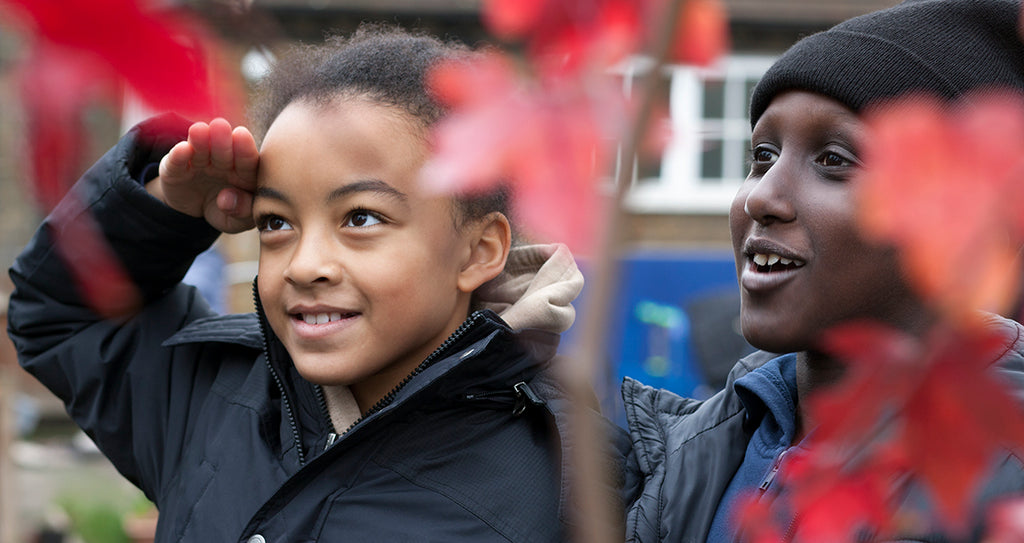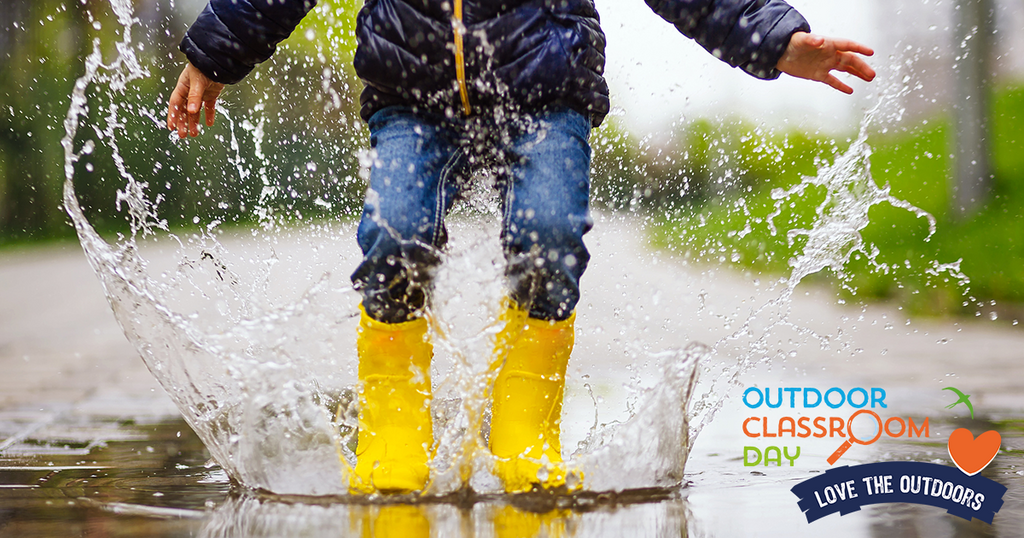Journal RSS
The adventure of the balance beam...
If you stopped to think about the anatomy of your body as you balance on a beam, you’d be floored – the neural network that is firing and echoing back a million times a minute just to keep you from falling on your backside, a tsunami of information you have to process. You’re like a jellyfish in the water, expanding and extracting in a constant current of decisions, actions and reactions, doing everything, and almost nothing, just to stay on that beam.
Standing, sitting upright, holding a pencil: how many hours of work do you have to put in to master these everyday practices? Can you remember the first time you balanced on one foot? Unlikely. Can you remember learning to ride a bike? Perhaps.
Now consider the relationship between kinesthesia and an integrated sense of self. As you balance your body within space there is a constant coming back to the present – measuring it against ‘who am I now?’; ‘how do I feel now?’

Balancing risk and reward
Think about the development of proprioception and its inter-relation with risk – the first time you climbed over gate, or swung on the monkey bars – or the five-foot wall that everyone said was too high and too dangerous, even for a Balancing Big Paluka. Think about your friends giving you pelters – ‘you’re going to fall!’ – think about your own fears – ‘maybe they’re right, what if I fall?’ – think about your pulse racing, think about your heart in your mouth, think about what it felt in that moment.
Think about the feeling of getting it right, that precious moment, almost certainly not the first time, where your muscles responded to memory, your focus became acute, when you hit mute on the internal voice telling you ‘No!’. When you made it, you made it. Across the whole length! But nothing in life comes without risk, and how do you negotiate risk if you don’t know its first name? That’s what balance is about, it’s about taking on the adventure of being alive.
If you spend your life sitting behind a desk, you can forget this acute sense of balancing - being tired or stressed can literally unbalance you - you become less aware of the limits of your body, and consequently dyspraxic. Which is why, by the way, we campaign to get kids outside every day: climbing, running, jumping, looping the loop).
Outdoor play as the difference
There is an growing body of research to show outdoor play is critical to children’s social, emotional and academic development.
Supporting School Improvement Through Play Play England, National Children’s Bureau (2011). https://outdoorplayandlearning.org.uk/home/for-schools/research/
Independent evaluation of the OPAL Primary programme by Dr Wendy Russell and Dr Stuart Lester from Gloucester University and Dr Owain Jones from the University of West of England. Key findings show that the benefits of OPAL include:
- Positive changes to the school’s understanding and position on play (particularly in relation to risk, adult control and all-weather play)
- Imaginative and creative alterations to the school grounds in order to open up more possibilities for play
- Changes in children’s play patterns, greater variety of play behaviours, and wider use of time, space and materials for child-initiated outdoor play
- Increased children’s enjoyment of play times with an associated reduction in perceived disruptive behaviour
- Teaching staff who valued the instrumental outcomes of the enhancement of playtime, particularly in terms of learning and social development.
From Muddy Hands and Dirty Faces... to Higher Grades and Happy Places: Outdoor learning and play at schools around the world Cath Prisk and Dr Harry Cusworth (2018).
A comprehensive literature review of the benefits of outdoor play and learning, produced by Outdoor People for Outdoor Classroom Day.
- Getting outdoors results in better learning outcomes Outdoor learning can create improvements across all academic disciplines, helping with problem-solving and enthusiasm for learning; and can contribute to improved test scores and grade averages.
- Outdoor play gets kids more active When engaged in play, children will stay active for long periods of time and are more active outdoors compared to indoors. Studies done using GPS tracking in the UK show that children are more than two-and-a-half times more active when outdoors compared to indoors (Cooper et al 2010)
- Outdoor learning and play creates healthier kids Children come to school more often, can concentrate better, physically sit at their desks for longer, can see better and can learn more. Active free play is also critical in helping children develop balance, co-ordination and improved motor fitness.
- Time spent outdoors boosts mental health Children feel better and perform better after they have been outdoors. Getting outdoors helps children feel calmer, helps process their day and builds the holy grail of capabilities: resilience.
- Children who are outdoors more are more likely to develop a connection to nature and grow up wanting to protect the environment A 1999 study of 1,259 students from nine countries found that direct experience with nature was more likely to lead to pro-environmental behaviour than simply studying about nature from books (Packer,1999 in Ballantyne & Packer, 2009).
Children attend primary school for seven years. Of those seven years, around 1.4 years will be spent outside actively playing, making `playtime’ by far the most dominant element within the curriculum. Unlike sport and PE lessons, children’s active play can claim 100% engagement, provided it is delivered with the right expertise, consistency and understanding of children’s social, emotional and environmental needs
Outdoor People on Podcasts
These are some of the podcasts featuring Cath Prisk talking about the importance of children being outdoors at home, at school and every day.
Nature Bantz with Hana Sutch for Go Jauntly
Doorways Podcast with Martin Crabbe for London Climate Action Week
Loose Parts and Risk Taking: Improving Children's Play
The vulnerability of outdoor play, A Wearthy Play it Forward podcast with Lukas Ritson
What's In My Pack? | Episode 8 | Rob Ferguson meets Cath Prisk for Arc'teryx UK
If the purpose of education is life... then shouldn’t outdoor play be part of it?
What is the purpose of education? This is a question posed by the Purpose/Ed campaign back in 2013, and this was my response... Given we are now returning to school post Covid this seems ever more important.
The news about schools leading ‘catch up’ sessions in the summer made us think about what this means, and reminded us of this journal post. Yes give kids the tools they need to learn, but before the autumn they need to be given the space to catch up with themselves and just to play.
Five ways to celebrate Outdoor Classroom Day
Tags
- All
- 10 minute reads
- 2 minute reads
- Blog
- Camping hacks
- Coronavirus
- Early Years
- Family Wild Walks
- Hammocks
- Homeschooling
- International Women's Day
- London National Park City Schools
- Nature connection
- OPAL
- Outdoor Classroom Day
- Outdoor Family Camping
- Outdoor People
- Outdoor Play
- Play theory
- Playgrounds
- Podcasts
- Research
- School
- Wildtime







